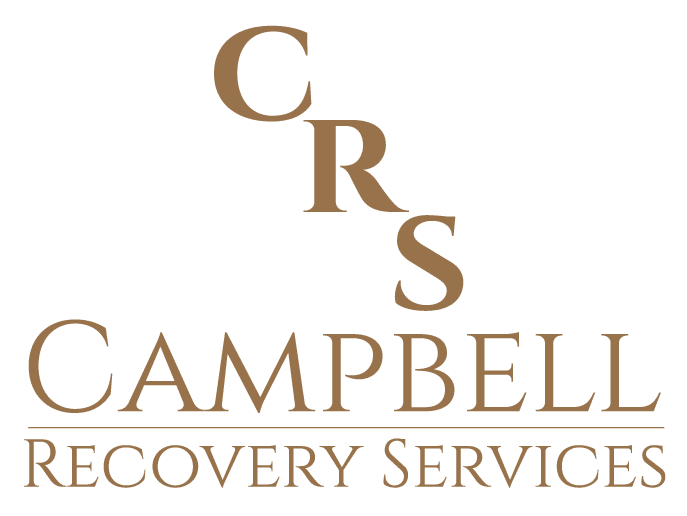The damage from addiction extends well beyond the addict, with families often hurt emotionally by their loved ones’ actions and behaviors during their addiction. Whether in the throes of addiction or on the road to recovery, the family members of an addict often have their own complex feelings that need to be sorted out. This is where family therapy can help. Through therapy with an addiction specialist, family members can develop their own toolset for coping and managing their feelings. This may include setting boundaries for the addict, addressing enabling behaviors, and ways to improve communication. Family therapy can address the relationships that have been affected by addiction, while giving families the necessary tools to move forward as a unit.
Through family therapy, the damage done from active addiction can be addressed and the healing process can begin. This is an important step to recovery and healing for everyone involved.
Learning to Set Boundaries Through Family Therapy
Addiction can cause plenty of disfunction in families, that reaches well beyond the addict’s own life. One thing that family members often struggle with is setting boundaries. This is true whether their loved one is in active addiction or in recovery. By understanding and setting healthy boundaries, both the family members and the addict can benefit. Family therapy will help family members to understand where these boundaries lie, including tools for maintaining these boundaries no matter the scenario. A family therapist can help family members to establish this routine, dealing with any enabling behavior that may have gone on in the past. By learning what these boundaries should be and how to stick to them, family members can help themselves and their loved one that is struggling with addiction.
Therapy for Family Members of Addicts Can Give the Tools for Improving Communication
Family communication can be a challenge for any family. But when you add an addiction to the mix, communication can become even more strained. From dealing with confrontations to avoidance, family therapy can help everyone to learn the best way to communicate with one another. Each family member is different in their personality and a trained therapist can help to find the most effective way to communicate with one another.
Family therapy to handle a loved one struggling with addiction is an important step in healing the family relationship. Addressing underlying feelings, including resentment, guilt, and sadness, can help to rebuild a strong family unit. Addiction can have a very serious impact on families, with everyone struggling with their own emotions. Family therapy can help to address this in a safe and open space, while ensuring that the addict’s family is able to provide the right support to assist with the goal of long-term sobriety.
The family therapists at Campbell Recovery Services have experience helping families that have been affected by addiction. Through therapy, family members can begin to have a better understanding of their loved one, while also learning the best tools for managing addiction behavior.





